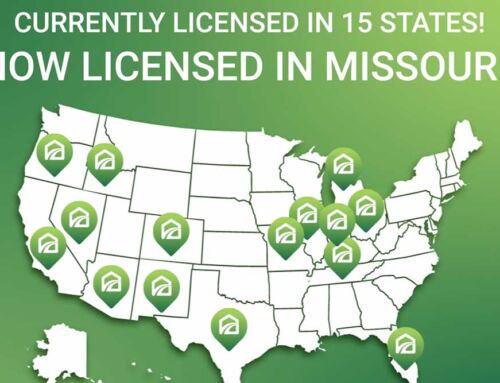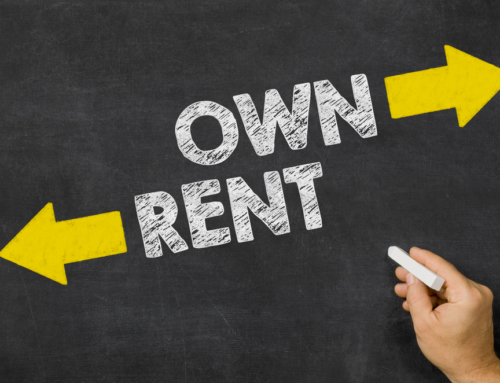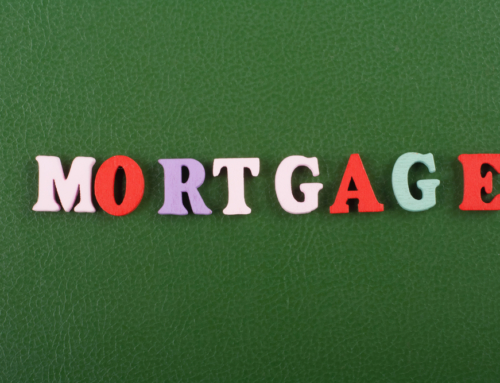Key Facts to Understand About Sellers’ Concessions
To help make your home purchase easier to afford, a seller may agree to pay some or all of your closing costs. These costs include document fees, property taxes and other expenses related to closing on a home loan. Your down payment may also be considered to be a closing cost. However, it is important to note that the amount of the concession may be limited based on the particulars of your home loan.
Concessions Can’t Total More Than 9 Percent of the Purchase Price
The seller is not allowed to offer more than 9 percent of the loan amount if the loan-to-value is 75 percent or higher. This number drops to 6 percent if the loan-to-value ratio is between 75 and 90 percent. It drops again to 3 percent if more than 90 percent of the purchase is being financed. Sellers are generally allowed to make concessions up to the applicable limit on any type of loan whether it be conventional or government-backed.
You Can’t Artificially Inflate the Home’s Price
Seller concessions can be worth up to the amount of closing costs and no higher. Therefore, you can’t negotiate to get $1,000 cash back or get money to have the roof or furnace replaced. It is also important to understand that the value of the home after concessions are made must be supported by an appraisal. This rule also ensures that you can’t inflate the home’s price in a manner that could harm the lender.
Your Broker Can Talk More About Concessions
Working with the best Las Vegas mortgage brokers allows you to better understand the tools available to afford a home loan. Sellers concessions may be combined with grants and other discounts to ensure that you get a loan that fits within your budget now and into the future.








